The VR industry is buzzing with fresh intelligence about Meta's next-generation headset, and honestly, the details emerging paint a picture of something far more radical than your typical generational upgrade. We're looking at revolutionary design changes, premium pricing that could reshape market expectations, and—here's the kicker—Meta might be ready to say goodbye to the Quest brand entirely.
The most fascinating development? Meta's upcoming headset may abandon traditional controllers entirely, potentially shipping without those familiar Touch controllers that have defined the Quest experience since day one. This represents a complete paradigm shift in VR interaction—imagine navigating virtual worlds purely through hand tracking and eye movements, fundamentally changing how we think about immersive interfaces.
Beyond the input revolution, the device promises significantly enhanced display technology with improved pixels per degree compared to the Quest 3, though strategically positioned below the ultra-high resolution found in premium competitors like the Apple Vision Pro. This measured approach suggests Meta is optimizing for the sweet spot between visual quality and performance.
But here's the real game-changer: Meta may completely rebrand this next headset, moving away from the Quest nomenclature to signal an entirely new product category. That's not just marketing—it's Meta betting that the market is ready to view mixed reality as a computing platform rather than a gaming accessory.
Engineering breakthrough: External compute changes everything
The architectural innovation behind this rumored device represents the most significant departure from traditional VR design in years. Instead of cramming everything into a head-mounted unit, the headset will utilize an external "puck" containing both compute and battery components. This isn't just about comfort—it's about solving the fundamental weight problem that has prevented VR from achieving mainstream adoption.
Consider the implications: existing lightweight headsets like the Bigscreen Beyond 2 weigh just 107 grams by offloading processing to connected PCs, compared to the Quest 3's 515 grams. Meta's external puck approach could deliver similar comfort advantages while maintaining the standalone functionality that made Quest successful. This architectural shift enables extended use cases that current headsets simply can't support—think all-day productivity sessions or extended social experiences.
The premium positioning becomes clear when examining the feature set enabled by this design approach. Eye and face tracking will come standard, matching capabilities found in the Galaxy XR, Apple Vision Pro, and the discontinued Meta Quest Pro. But unlike those competitors, Meta's pricing strategy creates accessibility: the new headset could cost as much as $800, dramatically undercutting the $3,500 Apple Vision Pro and $1,800 Galaxy XR while delivering comparable core functionality.
This pricing reflects Meta's recognition that premium features need accessible entry points. They're essentially betting that advanced eye tracking, facial recognition, and ultra-lightweight design can drive mainstream adoption when priced appropriately—a crucial test for the entire industry.
Strategic pivot reveals long-term vision
Meta's development timeline shifts reveal deeper strategic thinking than simple product delays. Details of the upgraded hardware are expected to be released sometime in late 2026, aligning with Meta CTO Andrew Bosworth's vision of "taking the wins from each generation and pouring it into lightness and smallness". This delay isn't about development problems—it's about getting the form factor revolution right.
The strategic restructuring runs deeper than timeline adjustments. Meta has reportedly canceled two planned prototype headsets, codenamed 'Pismo Low' and 'Pismo High', which were originally conceived as traditional Quest 4 iterations. Instead, the company is prioritizing a revolutionary lightweight headset codenamed "Puffin" for 2026, with conventional Quest-style headsets potentially delayed until 2027.
This pivot demonstrates Meta's willingness to sacrifice short-term product cycles for transformational innovation. The emphasis on form factor over incremental spec improvements suggests they've identified comfort and wearability as the primary barriers to mass adoption. James Cameron's comments at Meta Connect in September about expecting "a new supremely small and light standalone XR headset from Meta in 2026" confirms this direction has been communicated to key industry partners, indicating strategic commitment rather than experimental exploration.
The timeline also reveals Meta's competitive response strategy. By 2026, Apple's Vision Pro will have established the premium mixed reality category, Samsung and Google will have launched their Android XR platform, and the overall market will have matured. Meta's delayed entry allows them to learn from competitors' mistakes while delivering potentially superior comfort and pricing.
Market positioning: The productivity play
Meta's competitive positioning becomes fascinating when viewed through the lens of user behavior and market segments. The display will feature higher pixels per degree than the Quest 3, though not quite matching the ultra-high resolution of premium competitors. This deliberate positioning below "retina resolution" reflects a pragmatic understanding of current display technology costs and processing limitations.
More revealing is how Meta's broader ecosystem success influences this strategy. The company already owns nearly three-quarters of the smart glasses segment in 2025, with shipments increasing by 110% in 2025. This smart glasses dominance provides crucial insights into user preferences for lightweight, socially acceptable wearables that integrate into daily workflows rather than replacing them.
The smart glasses success creates a strategic bridge to this new headset category. Users already comfortable with Meta's Ray-Ban collaboration understand the value of computer vision integrated into lightweight wearables. The new headset essentially scales up that experience for immersive computing while maintaining the comfort and discretion users have come to expect.
This approach contrasts sharply with competitors' strategies. While Apple pushes ultra-premium positioning and Samsung prepares Android XR for broad ecosystem integration, Meta carves out the "premium comfort" segment—advanced features delivered through superior ergonomics at accessible pricing. Meta's continued investment despite cutting Reality Labs spending by roughly 20 percent demonstrates focused resource allocation toward this specific vision rather than broader experimental initiatives.
Industry implications: Computing's next frontier
These developments signal more than product evolution—they represent Meta's bet on mixed reality as the next major computing platform transition. By abandoning Quest branding and dramatically reimagining form factors, Meta positions this device to compete with laptops and tablets for productivity use cases, not just gaming consoles for entertainment.
The controller-free, lightweight approach enables use cases impossible with current VR headsets. Imagine wearing the device for hours-long work sessions, seamlessly transitioning between virtual monitors and real-world interactions, or participating in extended social experiences without physical fatigue. The external compute puck addresses the fundamental ergonomic barrier that has limited VR to short, discrete sessions.
The success implications extend beyond Meta to the entire mixed reality industry. If this approach achieves mainstream adoption, it validates the productivity-focused mixed reality category and potentially accelerates enterprise adoption across industries. Conversely, failure could indicate that current mixed reality technology remains too early for mass market readiness, regardless of form factor innovations.
Whether consumers embrace this new category—and accept premium pricing for comfort-focused design—will determine if 2026 marks mixed reality's mainstream breakthrough or another false start. Meta's track record with Quest provides credibility, but this represents uncharted territory where comfort and productivity take precedence over gaming performance and entertainment features. The stakes couldn't be higher for defining mixed reality's next evolutionary phase.








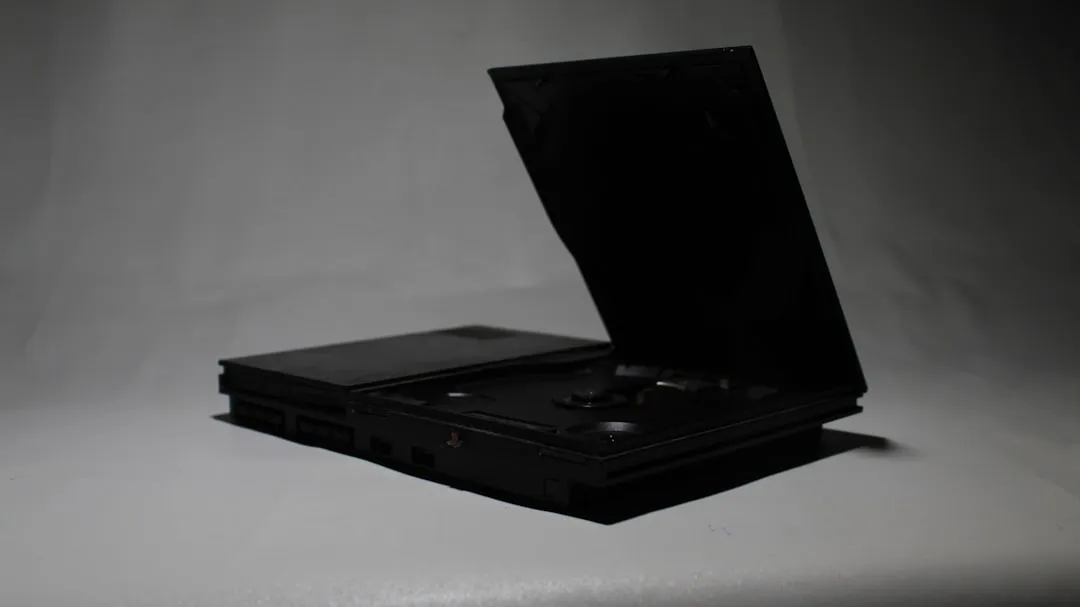









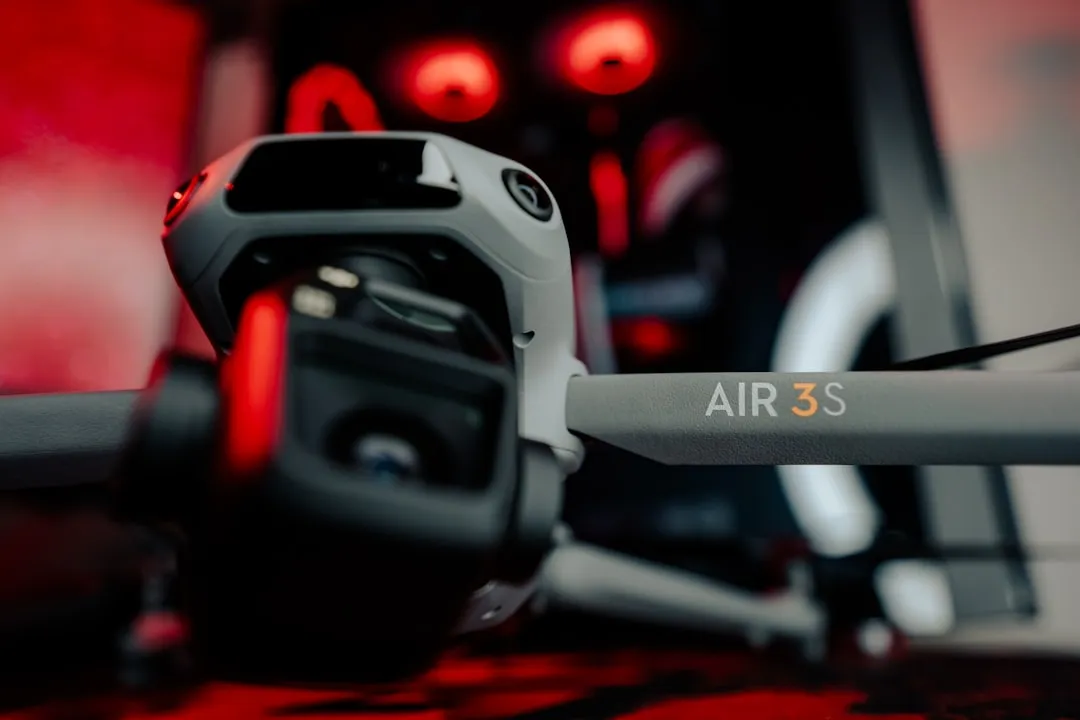

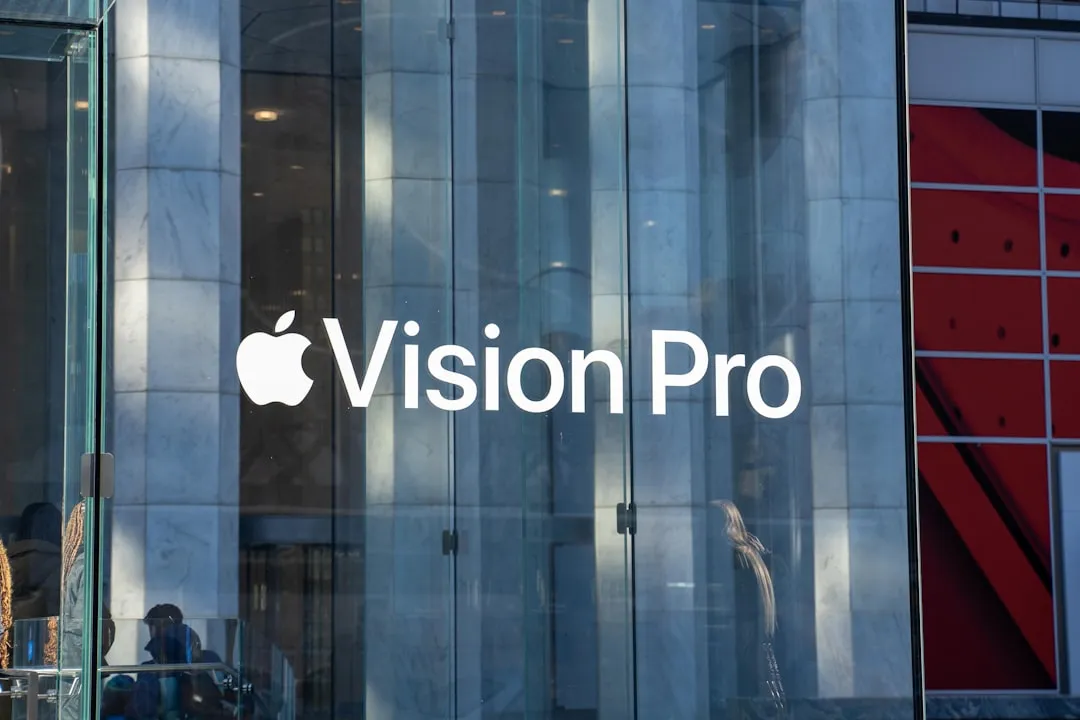
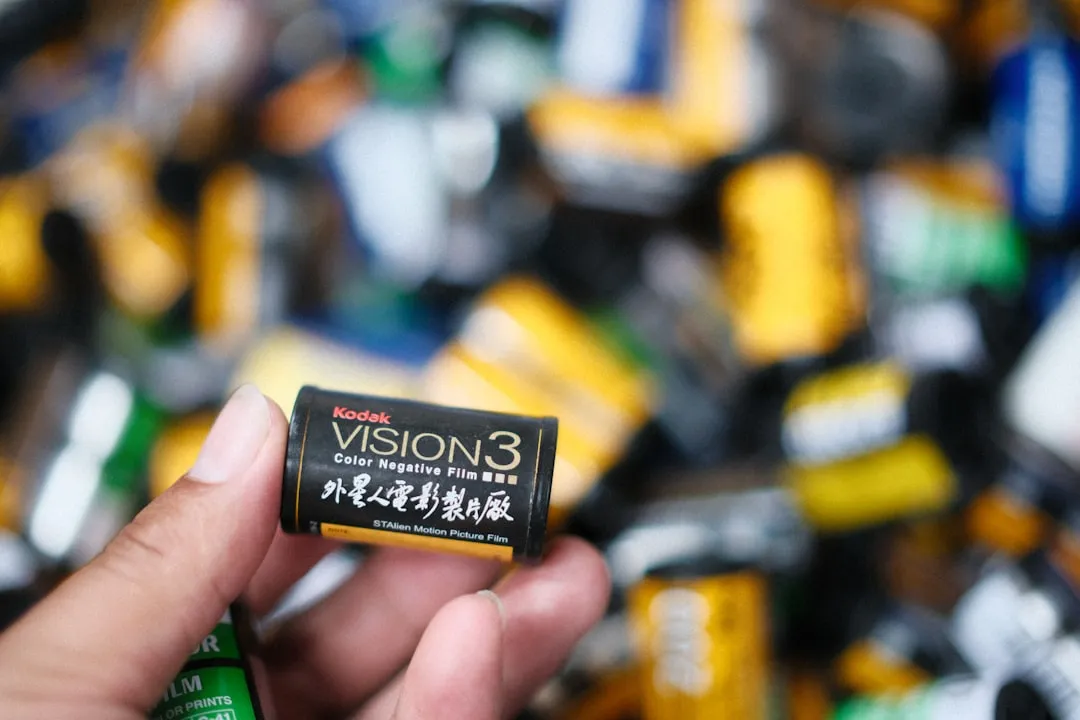
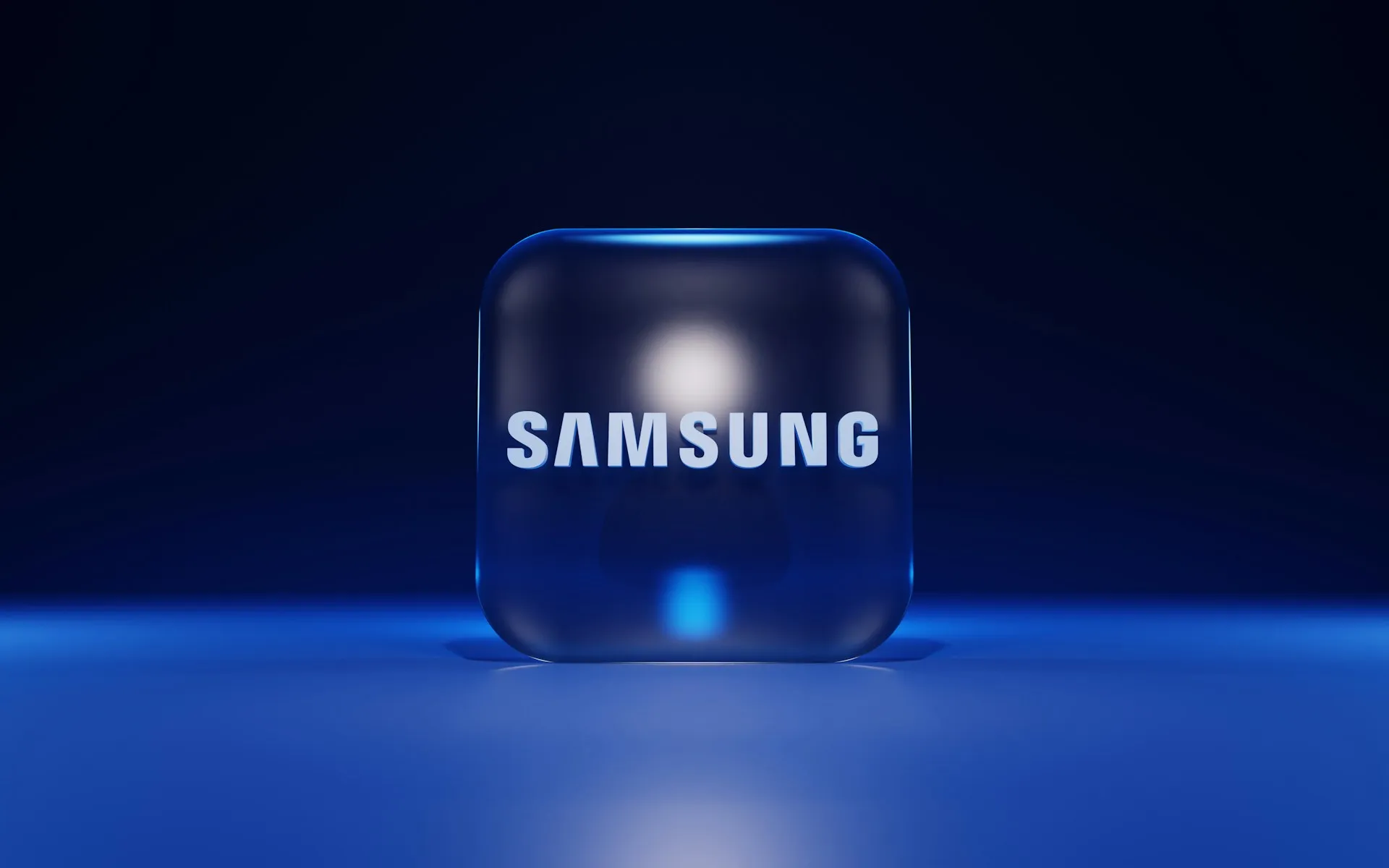

Comments
Be the first, drop a comment!